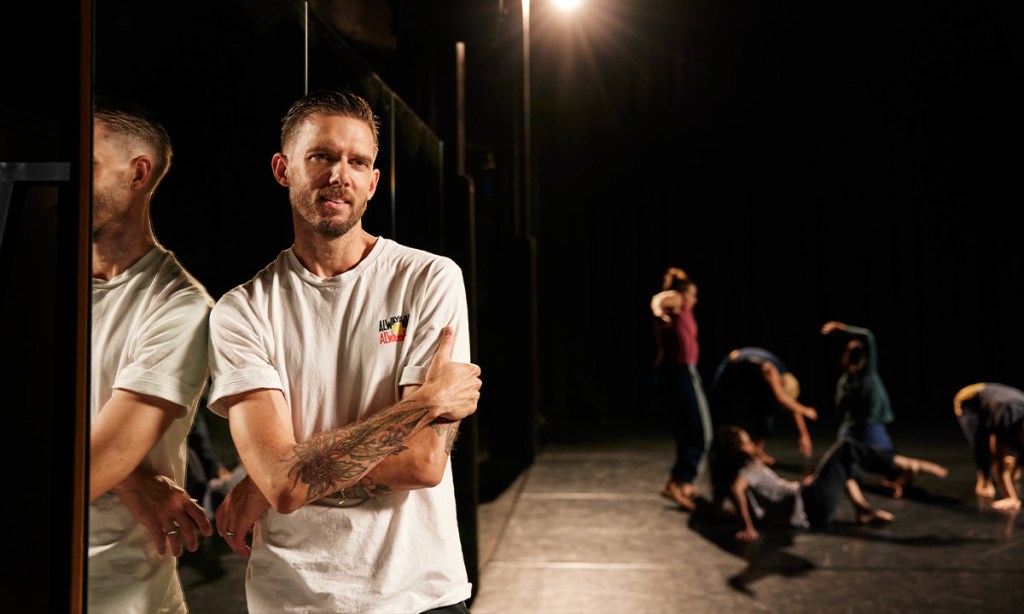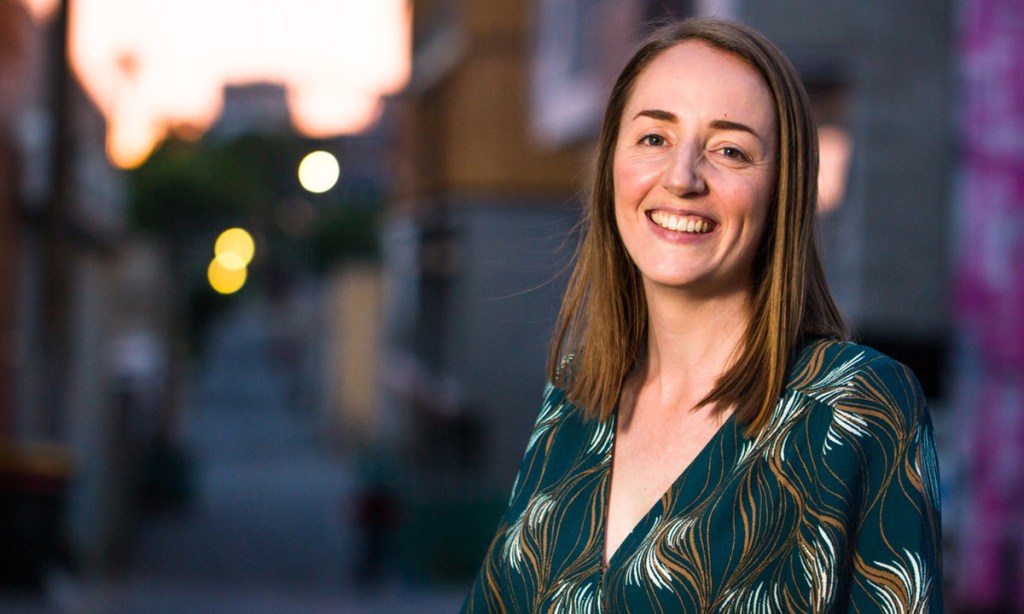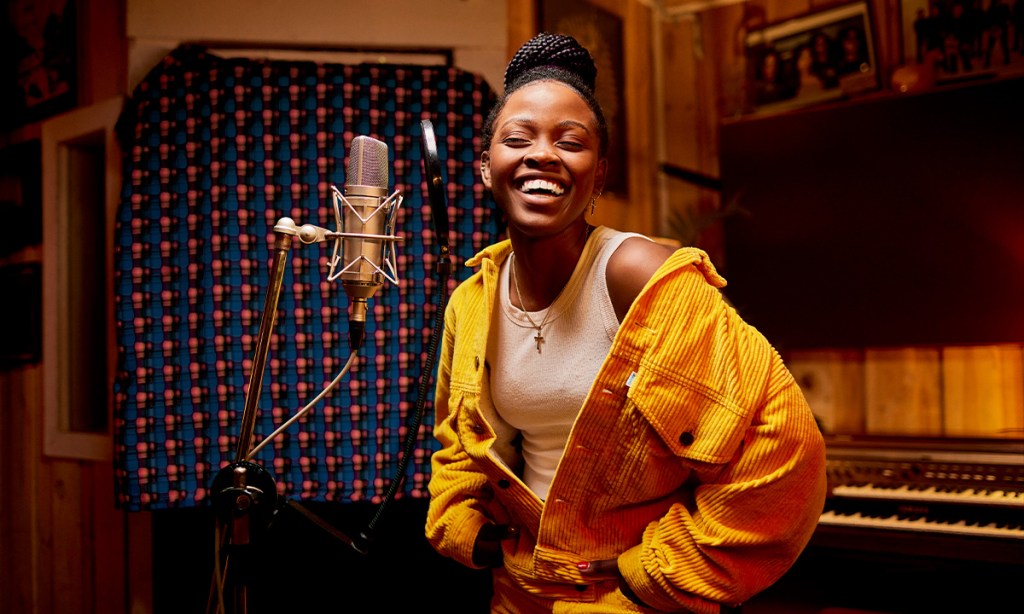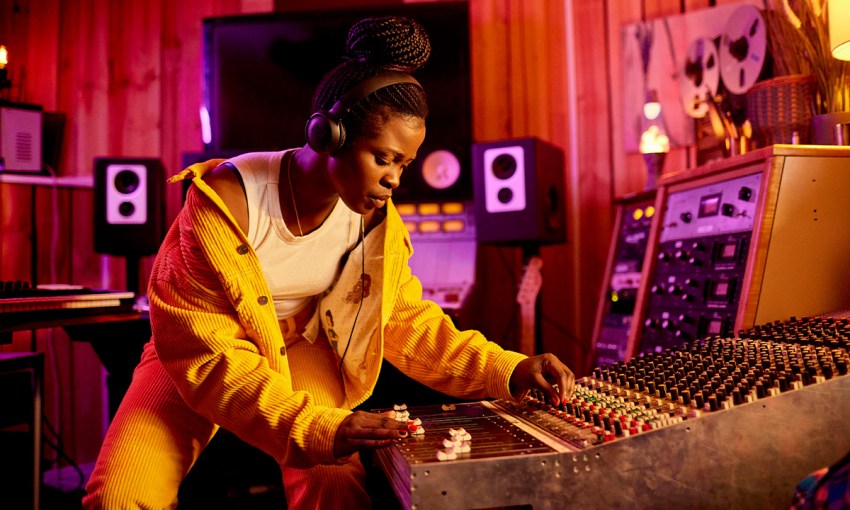In South Australia, there’s a sense of creative freedom, spurred on by our community’s connections to nature and each other – inspiring those in the creative industries to flourish and cultivate global careers from our home soil.
Making it from a new state of mind
When Australian Dance Theatre (ADT) artistic director Daniel Riley first saw the Adelaide-based company perform in Canberra, at just 14 years old, he was hooked.
“Seeing professional artists on stage using dance to tell stories” was a revelation, he says. “I didn’t even know dance was a career until that point.”
That revelation led the internationally acclaimed dancer on a career path that has brought him to the helm of ADT as its artistic director.
A Wiradjuri man with cultural ties throughout western New South Wales, Daniel is the company’s first First Nations artistic director, a fact made all the more significant for ADT being the oldest contemporary dance company in the country.
There is an inspiring community of exceptional people leading global careers from South Australia.
Read some of their stories at the New State of Mind website.
“It reiterates the point that South Australia and Adelaide have always been a state and a city of firsts,” he says. “There is a sense of looking forward and of really exciting momentum.
“I feel like what I can do in South Australia is really solid, good, strong, powerful work and not feel the pressures of Melbourne or Sydney. I don’t feel like someone’s looking over my shoulder in a competitive way. It feels very warm and supportive.”

Australian Dance Theatre artistic director, Daniel Riley. Picture by Josh Geelen.
This sense of being supported to thrive in one’s career and live with purpose is echoed by Kirsty Stark, founder of independent production company Epic Films.
Her company has helped deliver ground-breaking film and television, such as the Emmy award-winning children’s series First Day and Stateless, starring Cate Blanchett. Kirsty co-produced the latter with Matchbox Pictures, with it going on to win 11 AACTA Awards.
Kirsty says having access to mentors was instrumental early in her career, first in the camera department and as a cinematographer, and then when producing. She names Good Luck To You, Leo Grande director Sophie Hyde and producer Rebecca Summerton of Closer Productions, along with local ACS president Ernie Clark and producer Nick Batzias as mentors.
Kirsty worked with Nick on A Month Of Sundays, shot in Adelaide in early 2015. “That was my first feature film credit,” she says.
Thinking back on her time as an emerging filmmaker, she says Adelaide’s low cost of living allowed her and her collaborators to follow their passions while working as camera assistants.
“We were able to take part of the week, or time off in between jobs, to really concentrate on pursuing our own creative careers,” she says. “That put us a step or two ahead of what often happens in the eastern states, where our peers were stuck working full-time just to pay their rent.”
In staying true to herself, Kirsty has honed in on the kind of projects she wants to work on.

Film producer, Kirsty Stark.
“The entertainment industry can be seen as somewhat frivolous,” she says.
“When I started producing shows that had what I considered serious levels of money attached to them, I was like, ‘Okay, what else could this money be doing? How can I direct it to areas that I think matter and that I care about?’
“So, I made a conscious decision to work on projects that I felt would have an impact both on and off the screen.”
According to Adelaide-based musician Elsy Wameyo, Adelaide is a city of creative freedom.
“There’s more space here… physically, mentally, spiritually,” she says. “Adelaide just gives you that space to breathe, to think, to experience, to recollect before you create.”
She is an alum of Adelaide’s Northern Sound System, honing her unique sound around the same time as Tkay Maidza launched her career from there.
Elsy’s signature blend of choral chants and melodic baselines has opened doors for performances at WOMAD, Dark Mofo, Groovin the Moo and other tours on Australia’s festival circuit.
Her debut EP, Nilotic, is named for her cultural heritage, the Nilotic peoples of Kenya. She moved to Adelaide with her family as a seven-year-old and, while her profile is on the rise internationally, this will always be home.
“As an artist, I can be very influenced by other artists or other creators,” she says.
“But Adelaide doesn’t give you that pressure of having to feel like you have to create a certain thing.
“This means I can create from a very pure place… I can create with uniqueness and authenticity.”

Elsy Wameyo in the studio. Picture by Ryan Cantwell.
Daniel similarly feels a “great potential” for his work in Adelaide. “My vision and the goals that I have for myself and for ADT as an organisation are vast,” he says. “I think that couldn’t happen in any other state.”
He has been surprised by the “artistic ambition” of the city, and believes the local community and industry are “hurtling towards an exciting future”.
“It’s incredible – and the pace at which the state is growing is exponential,” he says. “And there’s a culture of lateral thinking in ideas, both artistically and in other areas.”
The level of excellence that Adelaideans accept as ‘normal’ achievement has seen Daniel become both a spokesperson for his new hometown and a magnet for serious talent keen to further their careers.
“I still talk to people now who don’t know that ADT is based in South Australia,” Daniel says. “They assume that we’re from Melbourne or Sydney, and I think that speaks volumes about the artistic ambition of the work that ADT has always done.”
Since Daniel took the reins as artistic director, there has been an influx of interstaters to the company: all six full-time dancers, the associate artistic director and the executive director.
That said, he stresses that it is “a dance company of and for South Australia, first and foremost”.
“Our work is made on Kaurna Country and it inspires the work that we make.”
Kirsty says having family in Adelaide, plus the city’s lifestyle, means it makes sense to be based here, contribute and help grow and improve her industry.
As co-chair of the Mercury CX, she is helping to nurture the next generation of talent, as the organisation did for her.
“The people I [work with] are really committed to what they do for a greater purpose or a set of values, beyond just wanting to work in film or TV or have interesting sounding jobs.
“I worked on some projects early on that made me realise we don’t have to go interstate or overseas to compete. We can be making projects that go to film festivals [or] are seen by audiences all over the world.”
It’s a sentiment shared by 24-year-old Elsy as her career takes off.
“I know that where I need to be grounded is Adelaide – the place I feel heard, I feel warm and I have the space to be who I am freely,” she says.
“There are not many other places you can do that. South Australia is where it’s at.”
To read more inspiring stories of exceptional people leading global careers from South Australia, visit the New State of Mind website.




